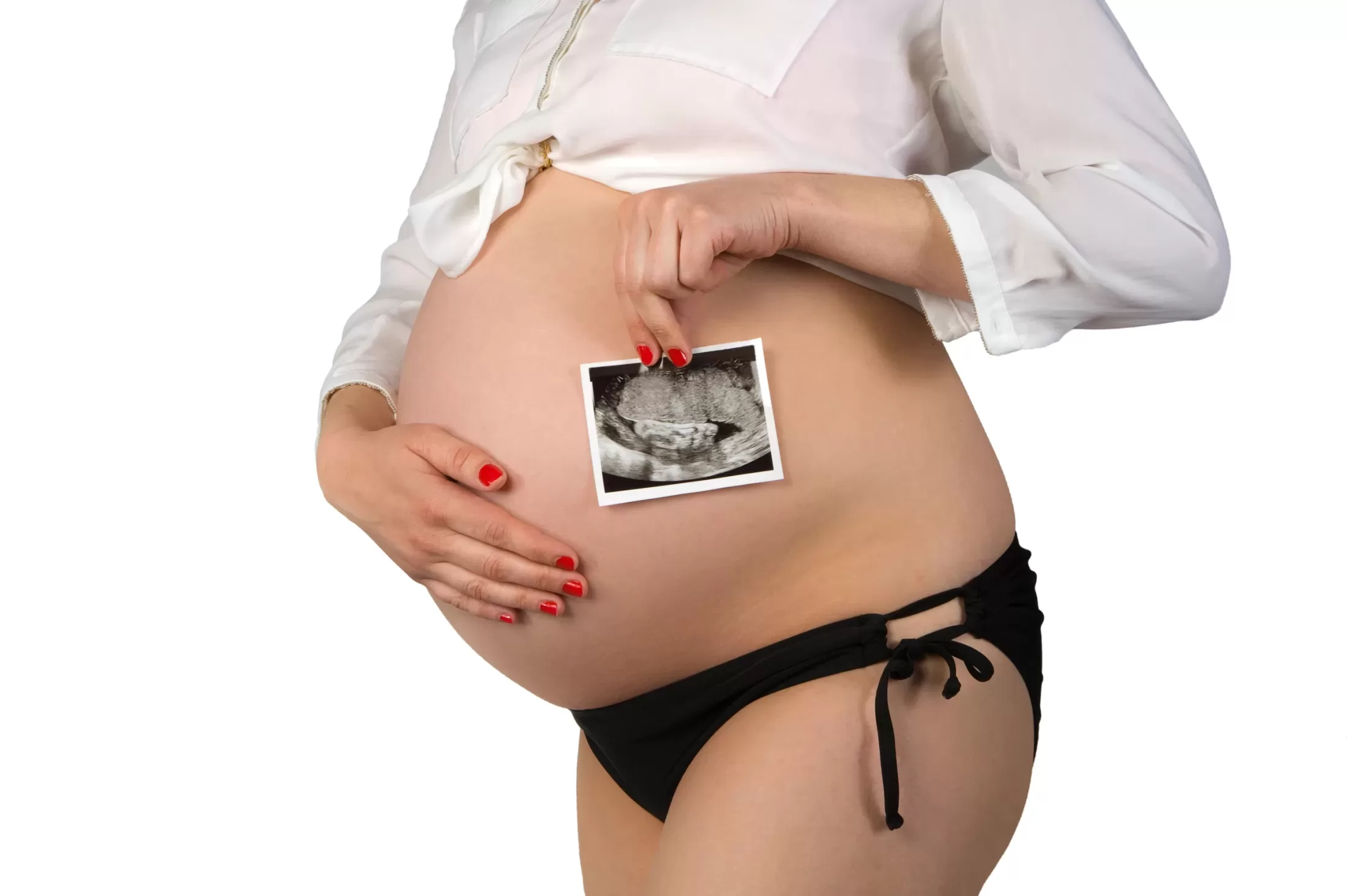Pregnancy represents a profound voyage for women, encompassing significant physical and emotional changes. While it’s a time of great joy and anticipation, it also comes with its fair share of challenges and concerns. One such concern that has gained attention in recent years is the safety of Botox injections during pregnancy. In this article, we’ll delve into Botox and Pregnancy, exploring the risks and benefits associated with Botox during pregnancy.
Understanding Botox
Before we address its safety during pregnancy, let’s first understand what Botox is and why people use it.
What is Botox?
Botox, an abbreviation for Botulinum Toxin, is a neurotoxic protein originating from the bacterium Clostridium botulinum. It’s commonly used in cosmetic procedures to reduce the appearance of wrinkles by temporarily paralyzing the muscles responsible for facial expressions.
Why Do People opt for Botox?
People turn to Botox for various reasons, including the desire to maintain a youthful appearance and boost self-confidence. Botox has proven effective in minimizing fine lines and wrinkles, making it a popular choice among individuals seeking non-invasive cosmetic enhancements.
How Does Botox Work?
Botox works by blocking the signals between nerves and muscles. When injected, it relaxes the targeted muscles, resulting in a smoother and younger-looking complexion.
The Safety Concerns
Now, let’s address the elephant in the room: Is it safe to undergo Botox treatments during pregnancy?
Lack of Research
One of the primary reasons for concern is the limited research on this subject. Since pregnant women are often excluded from clinical trials for ethical reasons, there’s a scarcity of data regarding the effects of Botox during pregnancy. The limited amount of available research makes it difficult to arrive at firm and conclusive findings.
Potential Risks
While the available evidence is inconclusive, some healthcare professionals caution against Botox treatments during pregnancy due to the following potential risks:
Risk of Complications
Botox injections involve the introduction of foreign substances into the body, which could pose a risk of complications, albeit rare, during pregnancy.
Uncertainty about Fetal Development
There’s uncertainty about how Botox might affect fetal development, especially during the early stages of pregnancy when organ formation is crucial.
Allergic Reactions
Pregnancy can alter a woman’s immune system, potentially increasing the risk of allergic reactions to Botox.
Alternatives to Botox
Given the uncertainty surrounding Botox and pregnancy, many expectant mothers explore alternative ways to address their skincare concerns.
Safe Skincare Routine
Maintaining a safe and simple skincare routine is essential during pregnancy. Using products with minimal ingredients and consulting a dermatologist can help manage skin changes.
Non-Invasive Procedures
Non-invasive procedures, such as microdermabrasion or chemical peels, may offer safer alternatives to Botox for expectant mothers looking to rejuvenate their skin.
Consultation and Timing
If you’re considering Botox treatments after pregnancy and breastfeeding, it’s essential to plan carefully. Consult with a qualified cosmetic specialist who can discuss your goals and develop a personalized treatment plan. Keep in mind that the timing of your procedures should align with your post-pregnancy and post-breastfeeding plans.
Post-Pregnancy Considerations
Once you’ve safely delivered your baby and are in the post-pregnancy phase, you can revisit the idea of Botox treatments if they align with your personal goals. Many women choose to resume such treatments after completing breastfeeding and receiving medical clearance. It’s always wise to prioritize your health and that of your child during pregnancy and in the early postpartum period.
Resuming Cosmetic Procedures
If you’re considering resuming cosmetic procedures like Botox after giving birth and completing breastfeeding, here are a few additional considerations:
- Breastfeeding Compatibility: Ensure that any treatments you choose are compatible with breastfeeding, as some substances can be passed on to your baby through breast milk.
- Balancing Self-Care: Striking a balance between caring for your baby and taking care of yourself is essential. It’s okay to prioritize your well-being while being a loving and attentive parent.
- Consult with Specialists: Consult with qualified cosmetic specialists who are experienced in post-pregnancy treatments. They can tailor their approaches to your specific needs and concerns.
Conclusion
In conclusion, the decision to have Botox while pregnant is a complex one. It’s essential for expectant mothers to prioritize the health and well-being of both themselves and their unborn child. Due to the lack of comprehensive research on this topic, most medical experts advise against undergoing Botox treatments during pregnancy to avoid potential risks and uncertainties.
Remember, pregnancy is a beautiful and transformative journey. Embrace the natural changes in your body, and if you’re concerned about skincare, consult with a dermatologist who specializes in pregnancy-safe treatments.


